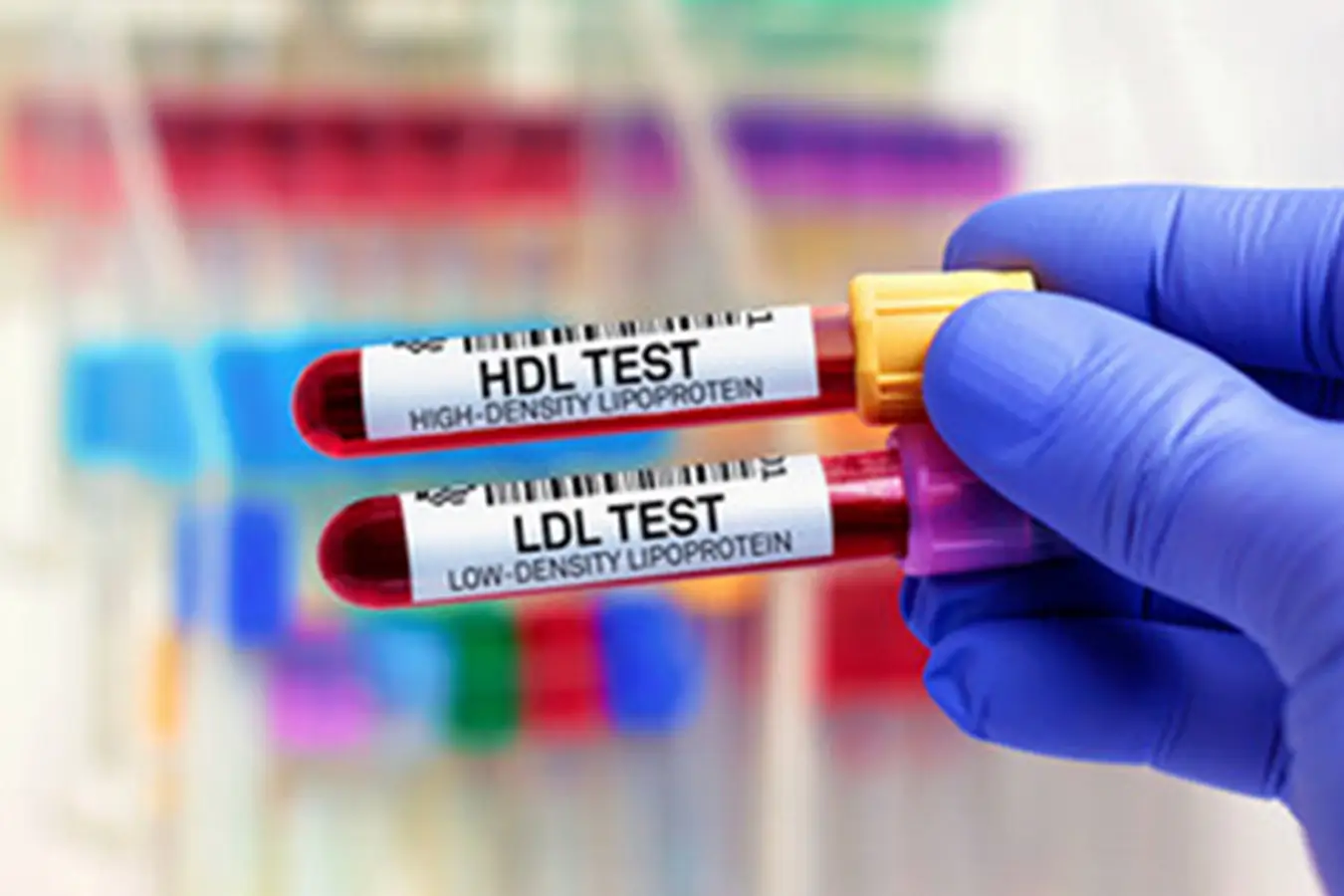Global Health Matters
HEART HEALTH

Do You Know the Silent Threats to Your Heart?
We often take our health for granted, dismissing issues like high blood pressure, weight gain, or stress as just part of life. But what if these seemingly minor concerns were silent killers, putting your heart at risk? Cardiovascular disease remains the leading cause of death worldwide, and many of its risk factors—like high cholesterol, smoking, diabetes, and stress—are preventable. Understanding these risks and taking proactive steps can add years to your life.
Fact: According to the World Health Organization, 1.28 billion adults worldwide have hypertension, and only about 42% are diagnosed and treated.
heart health
The Silent Threats to Your Heart

High blood pressure, or hypertension, is often called the “silent killer” because it usually has no symptoms but can lead to severe heart complications. Normal blood pressure should be below 140/85 mmHg, but when it stays consistently high, it strains the arteries, increasing the likelihood of a heart attack or stroke. Regular check-ups, reducing salt intake, and exercising can help keep blood pressure in check.


Cholesterol is essential for the body, but too much LDL (bad cholesterol) can clog arteries, restricting blood flow and leading to heart disease. High cholesterol often results from a diet rich in saturated fats, excessive sugar, and alcohol. Genetics can also play a role. Balancing HDL (good cholesterol) with healthy fats, fiber-rich foods, and physical activity can help keep your heart healthy.


Being overweight isn’t just about appearance—it directly impacts heart health. Excess weight leads to high blood pressure, diabetes, and increased cholesterol levels. It also makes daily activities exhausting, reducing motivation to exercise.


Smokers are nearly twice as likely to suffer from heart attacks compared to non-smokers. Cigarette smoke damages arteries, leading to plaque buildup that narrows blood flow. Nicotine raises heart rate and blood pressure, making the heart work harder. Even second-hand smoke increases the risk of heart disease. The good news? Within one year of quitting smoking, the risk of heart disease drops by half.


Diabetes isn’t just about sugar levels—it significantly raises the chances of heart disease. High glucose damages arteries, raises cholesterol, and increases blood pressure. Type 2 diabetes, which is largely preventable, is now being diagnosed in younger people due to poor lifestyle habits. Maintaining a healthy weight and staying active can reduce the risk of developing diabetes and, in turn, heart disease.


Genetics play a crucial role in heart health. If a close relative had heart disease at an early age (father or brother before 55, mother or sister before 65), your risk is higher. However, lifestyle choices also influence whether or not you develop cardiovascular issues. Even with a family history, a balanced diet, regular exercise, and routine health screenings can significantly lower your risk.


While stress itself doesn’t directly cause heart disease, how you cope with it matters. People under chronic stress may resort to smoking, drinking, or overeating—all of which increase heart disease risk. Learning healthy stress management techniques like deep breathing, meditation, and staying physically active can make a significant difference.


heart health
Take Control of Your Heart Health
Heart disease doesn’t develop overnight—it’s the result of years of unnoticed risks. The good news? Small, consistent changes can lead to a healthier heart and a longer life. Regular check-ups, a balanced diet, exercise, and quitting harmful habits like smoking can drastically lower your risk.
